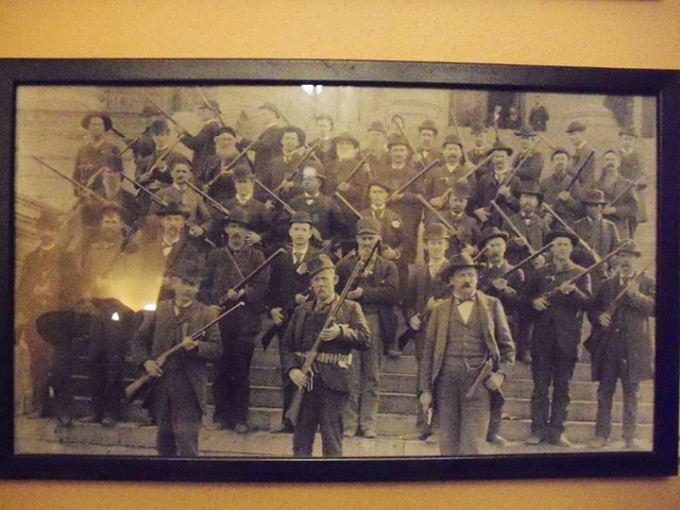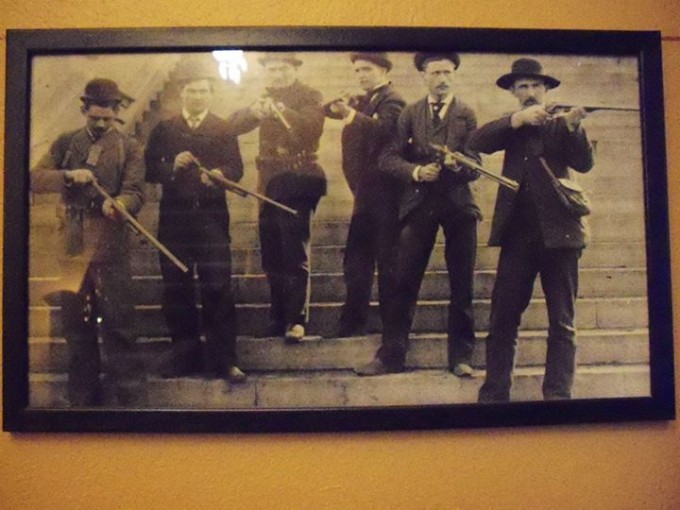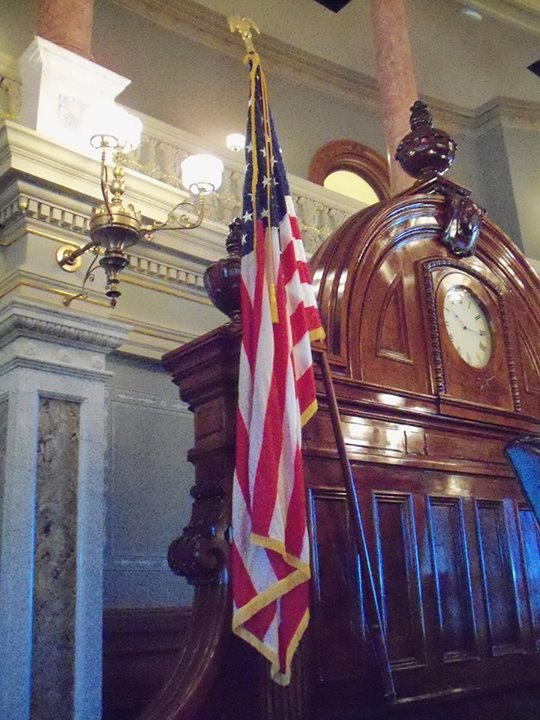
Thursday, 3 December 2015
For such are false apostles, deceitful workers, transforming themselves into apostles of Christ.
2 Corinthians 11:13
Paul enters into one of his most direct statements concerning the nature of those who would stealthily enter in and introduce a false gospel. He holds nothing back as he first calls them “false apostles.” They had no commission from Jesus; they had no power of the Spirit granted to them; and their words did not confirm either previously given Scripture, nor did they conform to the gospel of Christ which had come. Instead of the all-sufficiency of Christ, they certainly claimed more was necessary to be saved.
He also called them “deceitful workers.” A worker receives wages for his work. If he is honest, then the wages he receives will be commensurate with his output. However, these people cheated in their works. Rather than striving for Christ, they made stuff up out of their own heads. Rather than laboring in the gospel, they labored in the devil’s work. And instead of promoting Christ, they promoted self while claiming they were promoting Christ.
They changed their outward appearance by “transforming themselves into apostles of Christ.” Their inward selves remained however, and nothing of Christ indwelt them. Paul’s strong language here is comparable to that of 1 Thessalonians 2:14-16 –
“For you, brethren, became imitators of the churches of God which are in Judea in Christ Jesus. For you also suffered the same things from your own countrymen, just as they did from the Judeans, 15 who killed both the Lord Jesus and their own prophets, and have persecuted us; and they do not please God and are contrary to all men, 16 forbidding us to speak to the Gentiles that they may be saved, so as always to fill up the measure of their sins; but wrath has come upon them to the uttermost.”
He also had similar strong words for such people when writing to those in Philippi –
“Beware of dogs, beware of evil workers, beware of the mutilation! 3 For we are the circumcision, who worship God in the Spirit, rejoice in Christ Jesus, and have no confidence in the flesh…” Philippians 3:2
Jesus also speaks of such false apostles –
“I know your works, your labor, your patience, and that you cannot bear those who are evil. And you have tested those who say they are apostles and are not, and have found them liars…” Revelation 2:2
From Paul’s words later in verse 22, we can discern that these false apostles at Corinth were Jews. There he asks, “…are they Hebrews?” when comparing himself to them. It is apparent from these references that these people are the “most eminent apostles” he spoke of in verse 5, and that they were a cunningly devised, but false, representation of true workers for the Lord.
Life application: The truth is that these types of false workers haven’t gone away. The world is filled with those who are false and whose message is tainted with deceit. But it takes knowledge of Scripture to be able to identify and then refute them. Unfortunately, most people don’t want to spend the effort to get to know their Bible. It is so much easier to blindly trust a smooth sounding orator and be lulled into misdirection. Paul warns against this and we should pay heed to his words!
Lord God, the apostles of Christ, and even Christ Himself, identify false apostles and teachers who secretly creep in and introduce their counterfeit teachings and heretical doctrines. But how can we know who they are unless we know Your word? There are so many fine sounding preachers and teachers who introduce a little yeast into the bread of our doctrine and pull us away from the truth. Help us Lord to hold Your word in high esteem and be willing to search it out for the truth it contains. Keep us from false teachers and false doctrines. Amen.




